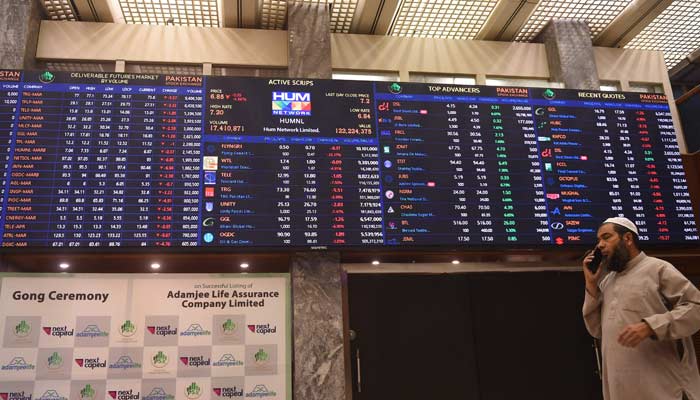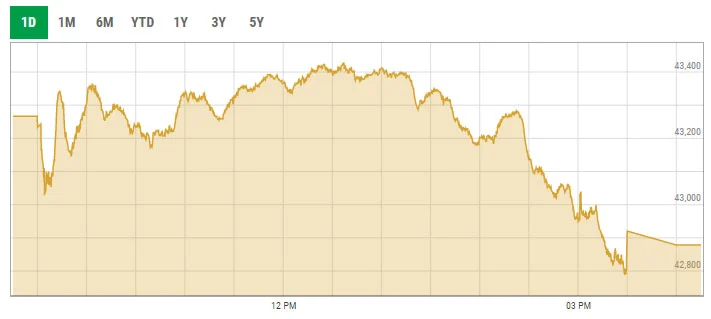Business
Bears hold sway at PSX as political tensions weigh
-

 Latest News1 day ago
Latest News1 day agoPakistani Internet: Everything you should know about “Africa-2” contemporary cables
-

 Business1 day ago
Business1 day agoWith its second-largest surge ever, PSX approaches 114,000 points.
-

 Entertainment1 day ago
Entertainment1 day agoHania Aamir reveals details about her troubled childhood.
-

 Latest News1 day ago
Latest News1 day agoAn NIH case of wild poliovirus was discovered in Balochistan, marking the 65th confirmed case of polio.
-

 Latest News1 day ago
Latest News1 day agoThe PPP and PML-N will confer on power-sharing arrangements in Punjab today.
-

 Latest News1 day ago
Latest News1 day agoClimate-related challenges are growing in Pakistan, and the prime minister’s climate aide is advocating for gender-inclusive climate resilience.
-

 Latest News1 day ago
Latest News1 day agoGovernment-Opposition Discussions: Prime Minister Optimistic Regarding Favorable Resolution of Dialogue
-

 Latest News1 day ago
Latest News1 day agoWapda announces a revised timeline for the K-4 water project in Karachi.




















